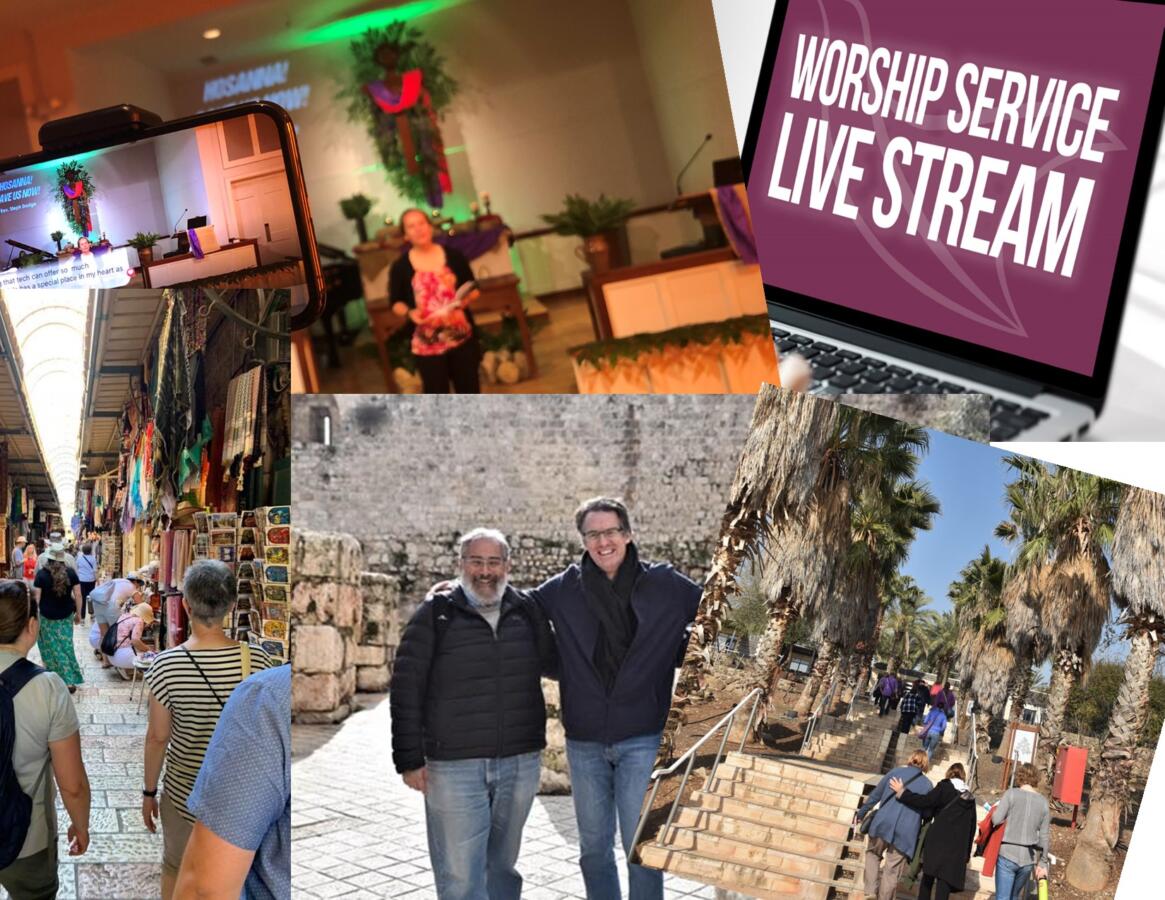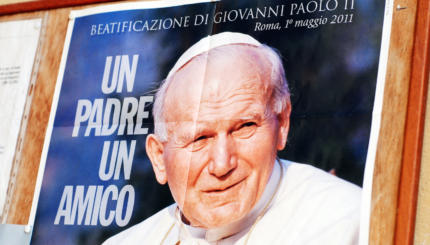The Rev. Dr. Paul Sorrentino, the former Director of Religious Life at Amherst College continues to shape my career as a rabbi. He was one of my early mentors and one of the first people to see that one day I might become a rabbi. In a very real way, he is a rabbi’s pastor.
More recently, I was presented with the challenge of pastoring pastors – as a rabbi. Is it possible, in the name of pluralism, and genuine care, for fellow religious leaders to step into such a role?
The pandemic scuttled our in-person Stand and See Fellowship trips for rising Christian leaders to Israel; we instead experimented in moving some of our leadership development work online. Beyond a remarkable virtual trip to Israel (with more on that in another article), we created a series of online programs for would-be participants and recent alumni. Each one focused on areas that seem simple in religious leadership, but which are in fact, riddled with complexity. In finding complexity where before there were oversimplifications, our hope was to foster growth in the rising generation of Christian leaders in America.
Some of our conversations focused on who the “other” is in our respective communities; some were about the elections; some were about polarization in so many different ways; some were about leading amid the pandemic; and some are more spontaneous moments in which we held and beheld each other’s emotions as exhausted religious leaders, trying to do good work amid unprecedented circumstances.
If anything, the distance between our respective religious practices created space for more open and self-critical reflection – about burnout, church politics, and having it all at church and at home. The recurrent theme was the gap between what was expected and what church leaders could realistically do, especially at a time of physical risk and social distancing. They spoke of confusion and pain, intertwined with breakthroughs, and moments of inspiration. They spoke of reaching new audiences online while worrying that their in-person programs might never be the same. They spoke of the treadmill of change that seemed to move faster every day.
The pastoral needs burst through the cracks in every conversation. Whether or not these pastors needed a rabbi, they certainly seemed to want one.
Rabbi Brad Hirschfield often reflects with Christian pastors about the adage from Luke 4:24 that one cannot be a prophet in their own town – and that sometimes it can be easier to hear messages from someone just outside of one’s own group. A rabbi is different enough that there is no sense of competition or rivalry, but there is a sense of commonality and shared perspective. In some ways, a rabbi could come to be an ideal pastor for Christian leaders.
As we continue pushing the boundaries of pluralism and venturing to bring CLAL’s core methodologies to other religious groups, we uncover opportunities once unthinkable. A century ago, could one ever have imagined rabbis providing pastoral support to Christian leaders? Even as modernity and post-modernity have created challenges, unexpected blessings abound.




